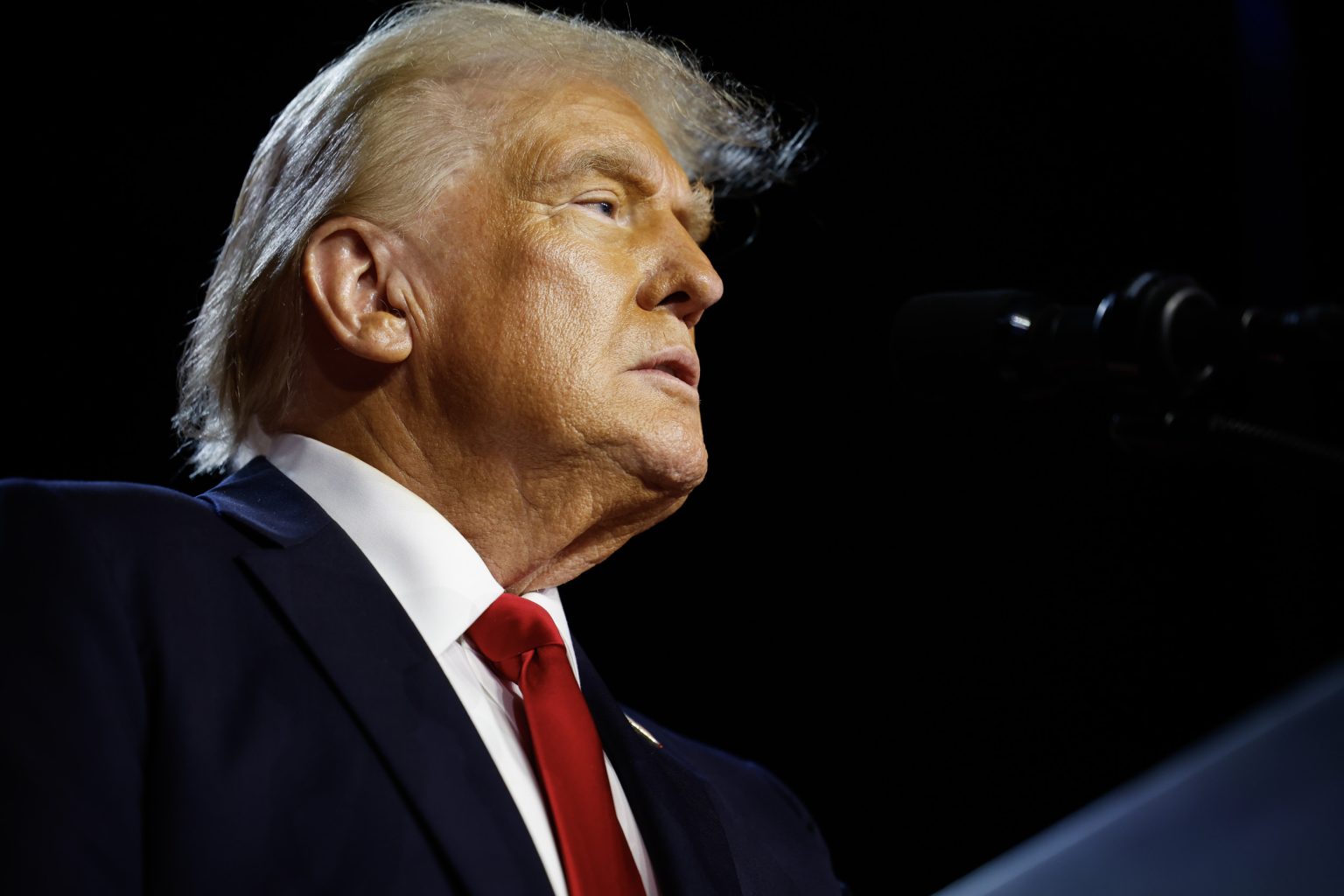In August 2023, former President Donald Trump was indicted on four felony counts after allegedly attempting to overturn President Joe Biden’s 2020 election victory. This came after Trump supporters stormed the Capitol building on January 6, 2021, in a failed attempt to stop Congress from certifying Biden’s win. The charges against Trump included conspiracy to defraud the United States, conspiracy to obstruct an official proceeding, obstruction of an official proceeding, and conspiracy against rights. Trump pleaded not guilty to all charges, claiming the case was politically motivated against him.
Following his election loss in 2020, Trump has faced legal challenges related to his attempts to subvert the election results. This has led to ongoing investigations by the Department of Justice special counsel Jack Smith. Smith has been working on multiple cases against Trump, including a case in Washington, D.C., as well as a case involving classified documents in Florida. These cases are seen as critical in holding Trump accountable for his actions during the election subversion.
It is widely believed that due to longstanding DOJ policy, a sitting president cannot be criminally prosecuted while in office. With Trump’s election victory, it was expected that the cases against him would be stalled. However, Smith has only a limited window of time before Trump reenters the White House to take action against key co-conspirators listed in Trump’s D.C. indictment. By indicting these associates, Smith can apply pressure on Trump to either allow the cases to proceed or engage in corruption to dismiss them.
Former prosecutor Glenn Kirschner has emphasized the importance of indicting Trump’s co-conspirators to force Trump’s hand in addressing the ongoing legal cases against him. Kirschner highlighted two potential ways in which Trump could obstruct justice, including appointing an attorney general who would dismiss the cases or offering corrupt pardons to those involved. By taking preemptive action against the co-conspirators, Smith can create a dilemma for Trump upon his return to the presidency.
In response to the potential escalation of legal actions against Trump and his associates, there has been anticipation of how Trump may react. Trump has previously stated that he would fire Smith “within two seconds” upon returning to the White House. This threat indicates that Trump is prepared to take significant steps to protect himself and those connected to the election subversion case. However, with the momentum building towards potential indictments, the coming months will be crucial in determining the outcome of these high-stakes legal battles.
As Smith moves forward with his investigations and potential indictments, the spotlight remains on Trump’s post-election actions and the legal consequences he may face. The intersection of politics and the justice system is evident as Smith navigates the delicate balance between upholding the rule of law and addressing the actions of a former president. The implications of these legal proceedings extend beyond the immediate cases at hand, shaping the future landscape of accountability for those involved in election subversion and political corruption.


